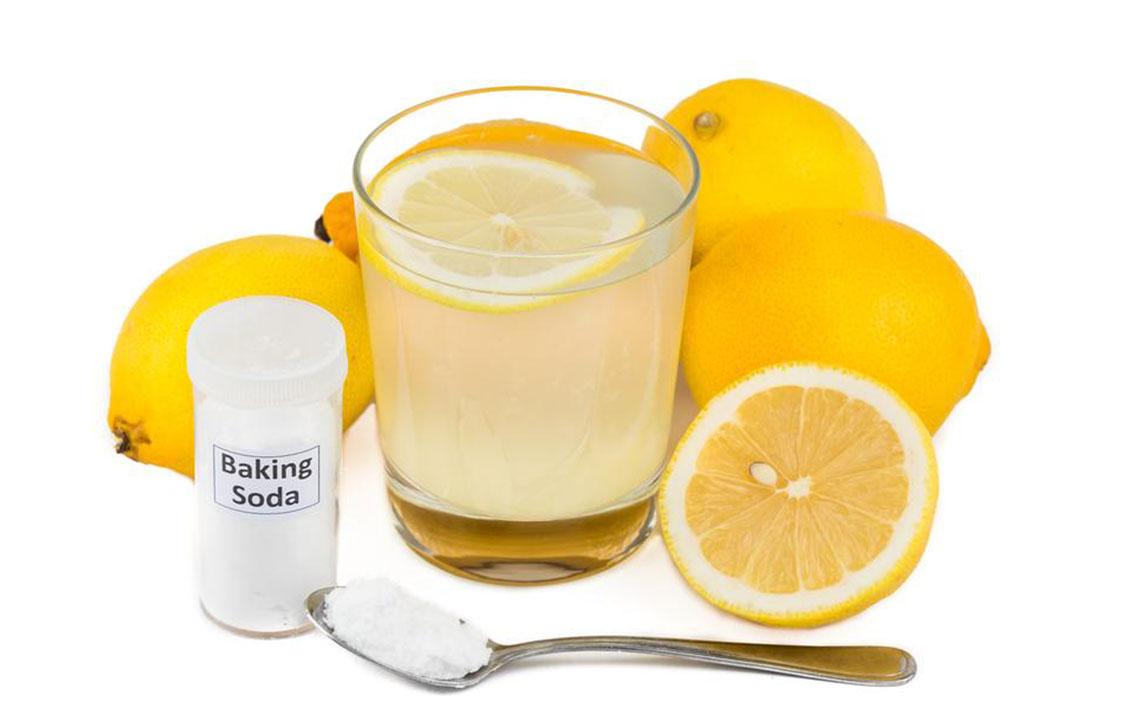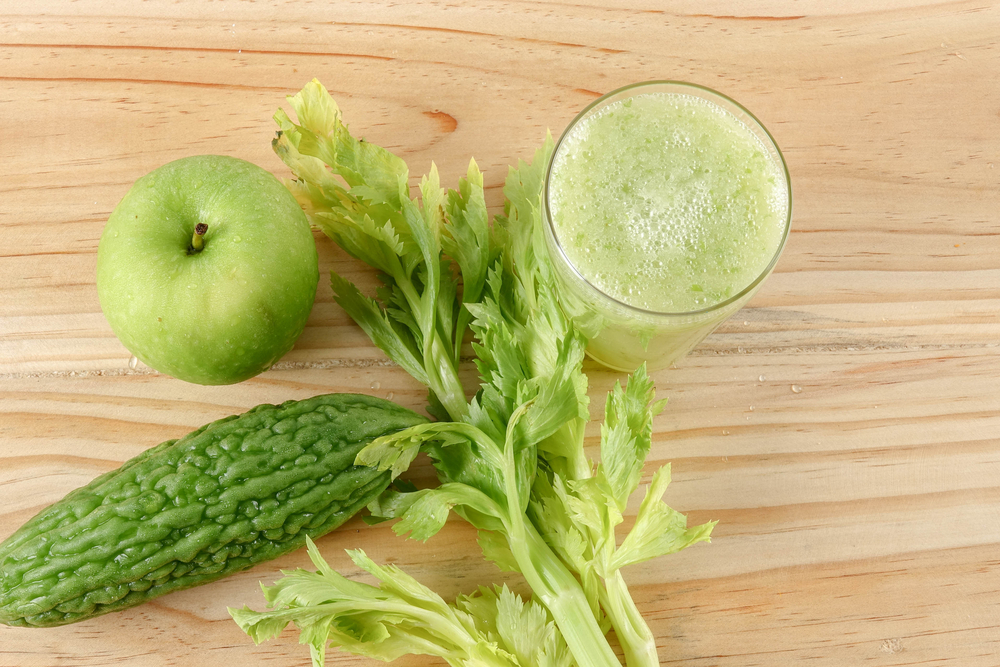Comprehensive Approaches to Naturally and Medically Managing Gout Effectively
This comprehensive guide explores effective strategies to manage gout through a combination of medical treatments and natural remedies. Emphasizing dietary adjustments, hydration, weight management, and herbal remedies, it provides practical insights for reducing flare-ups and preventing joint damage. Suitable for those seeking holistic approaches, it highlights the importance of early diagnosis and personalized care to maintain joint health and improve quality of life with gout.

Comprehensive Approaches to Naturally and Medically Managing Gout Effectively
Gout is a complex form of arthritis characterized by sudden and intense episodes of pain, swelling, redness, and stiffness in the joints. Primarily affecting the big toe, ankles, knees, and other small joints, gout results from elevated levels of uric acid in the bloodstream—a condition known as hyperuricemia. When uric acid crystallizes in the joints, it triggers inflammation that can be extremely painful and debilitating. If left unmanaged, chronic gout can lead to joint damage, bone erosion, and reduced mobility, significantly impacting a person's quality of life.
Understanding the underlying causes of gout is essential for effective management. These include dietary habits, genetic predisposition, weight, and overall health. Medical intervention is often necessary to control flare-ups and prevent long-term complications. Standard treatments include non-steroidal anti-inflammatory drugs (NSAIDs), corticosteroids, and urate-lowering therapies. These medications work to reduce inflammation, alleviate pain, and decrease uric acid production or facilitate its excretion.
However, alongside medical treatments, adopting natural and lifestyle changes can significantly improve outcomes. Dietary modifications are a cornerstone of managing gout; reducing foods high in purines — such as red meats, organ meats, certain types of seafood like sardines and shellfish — is crucial. Limiting or avoiding alcohol and sugary beverages further helps prevent hyperuricemia. Instead, emphasizing the consumption of vegetables, fruits, low-fat dairy, and whole grains can support overall health and decrease uric acid levels.
Hydration plays a vital role in gout management. Drinking plenty of water helps dilute uric acid in the blood and promotes renal excretion, reducing the risk of crystal formation. During acute flares, cold compresses can provide relief by reducing joint inflammation and pain. Incorporating natural remedies like ginger, known for its anti-inflammatory properties, or apple cider vinegar may also offer supportive benefits.
Additional strategies include maintaining a healthy weight, as obesity is a significant risk factor for gout. Regular exercise, combined with a balanced diet, helps manage weight and reduces gout episodes. Stress management techniques and adequate sleep can also contribute to overall health and support immune function.
While natural remedies can be beneficial, persistent symptoms or frequent attacks necessitate consulting healthcare professionals. They can tailor treatment plans, prescribe medications, and monitor uric acid levels to prevent recurrent gout episodes and joint damage. Early diagnosis and integrated management strategies—combining medication, diet, lifestyle modifications, and natural therapies—are essential in effectively controlling gout and maintaining joint health.
In conclusion, managing gout requires a holistic approach that balances medical therapies with lifestyle and dietary changes. By understanding the triggers and adopting healthier habits, individuals can reduce the frequency and severity of gout attacks, improve joint function, and enhance their overall well-being. Whether through natural remedies or medical intervention, proactive management is key to living with gout effectively.





